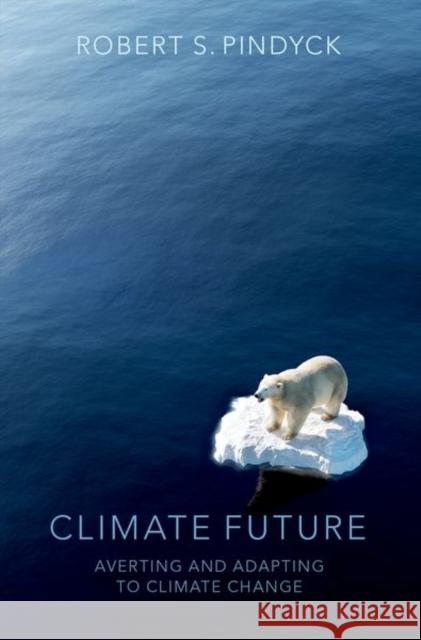Climate Future: Averting and Adapting to Climate Change » książka
topmenu
Climate Future: Averting and Adapting to Climate Change
ISBN-13: 9780197647349 / Angielski / Twarda / 2022 / 248 str.
Kategorie BISAC:
Wydawca:
Oxford University Press Inc
Język:
Angielski
ISBN-13:
9780197647349
Rok wydania:
2022
Ilość stron:
248
Wymiary:
23.5 x 15.6
Oprawa:
Twarda
Dodatkowe informacje:
Bibliografia
Wydanie ilustrowane
Wydanie ilustrowane











